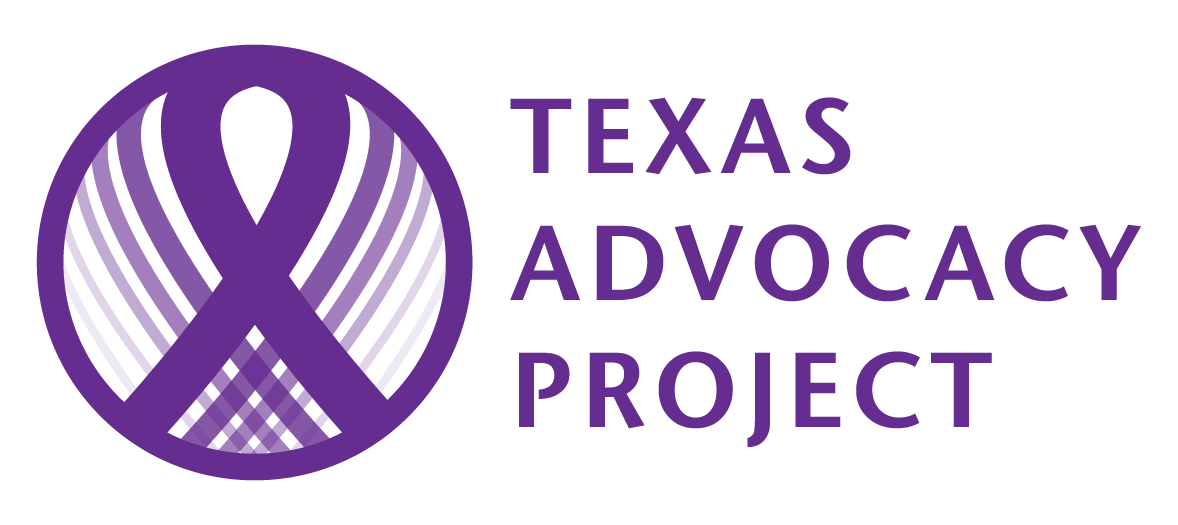GET HELP NOW: Call 800-374-HOPE | Apply for Services Online/Solicitar Servicios en Línea
Email Us | Donate | Email List Sign Up | En Español
Upcoming Events | Teen Ambassadors of Hope | Black & White Ball | Handbags for Hope
Glossary of Terms
Because your path to freedom involves legal processes, you will hear a lot of new words, as well as familiar words being used in new ways.
Use this list to help you understand some of the key terms that will be used during the process.
Remember to ask questions. Whenever there are terms or parts of the process you don’t understand, ask someone to explain it to you.
Paternity
Fatherhood.
Persecution
(In asylum proceedings) The infliction of serious suffering or harm, caused by government action or inaction, upon people who differ in a way regarded as offensive (race, religion, nationality, membership in a particular social group, or political opinion) in a manner condemned by civilized governments.
Petition
A request to a court. (Also sometimes called an "application.")
Plea
The defendant's response to a criminal charge, generally guilty or not guilty.
Plea-bargaining
The process through which the prosecutor and the defense attorney try to reach an agreement where the defendant pleads guilty in exchange for a lesser sentence.
Pro Se
Pro se is a Latin adjective meaning "for self", that is applied to someone who represents himself (or herself) without a lawyer in a court proceeding, whether as a defendant or a plaintiff and whether the matter is civil or criminal.
Probable cause
Sufficient reason based upon known facts to believe a crime has been committed, or that certain property is connected with a crime. Probable cause means there is more evidence for than against. Probable cause must exist for a law enforcement officer to make an arrest without a warrant, search without a warrant, or seize property in the belief the items were evidence of a crime
Prosecute
To try to get a court to declare someone guilty of a crime. A district attorney prosecutes cases against persons thought to have committed violations of state criminal law.
Prosecutor
The attorney who represents the state and the victim. He or she tries to present evidence to prove beyond a reasonable doubt that the defendant committed the crime as charged. A prosecutor will be assigned for criminal cases but not civil ones.
Protective Order
A protective order is a court order that can make someone who has hurt an adult or teenager keep away from that person's home, school or place of work. A minor can ask for a protective order against a partner, parent or household member who is physically hurting of threatening him/her. Victims of sexual assault may also seek protective orders.
Public defender
An attorney or staff of attorneys having responsibility for the legal defense of those charged with a criminal offense who are unable to afford or obtain legal assistance.

